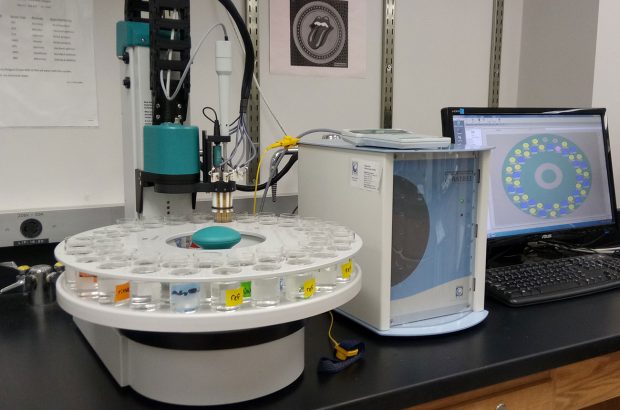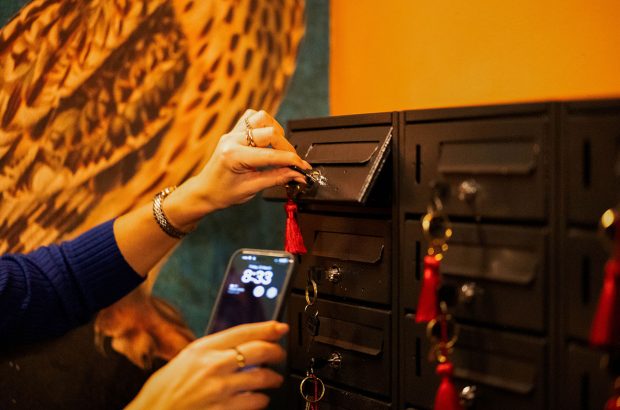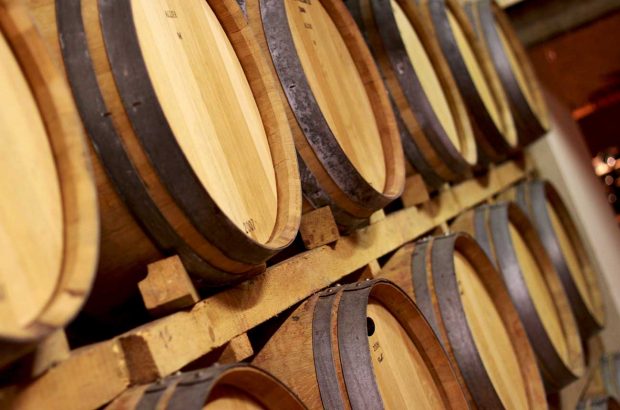In early February, at London’s Southwark Crown Court, Craig Dean (36) was sentenced to three years in prison for conspiracy to defraud, bringing the ‘Champagne for the millennium scam’ trial to a close. In addition to Dean, Julian Blee (32), Lewis Daulby (31) and Lee Rosser (31) were sentenced to a total of 21.5 years. This was the UK’s second drinks Champagne investment trial. The first involved casks of whisky as an investment and between them the two frauds netted nearly £9 million.
Since the early 1990s, drinks investments have been a popular alternative investment as profits can frequently be exempt from tax. This is because drink is generally viewed as a ‘wasting asset’, but unfortunately this also means that these investments are not covered by the Financial Services Act. Consequently, there have been a number of short-lived, dubious companies set up and many unwary investors have lost substantial sums of money.
It is rare for the people running these companies to have any experience in the drinks industry. Instead, they frequently come from the wilder and more exotic reaches of financial services. Daulby, for instance, worked for Fox Milton, a stockbroker closed by the UK financial authorities in January 1989. And when Rosser was convicted of fraudulent trading in November 1995, he was a director of City Investment Exchange (a company dealing in rare coins).
Champagne set for smaller 2019 harvest
Dirty dealings
The first dubious whisky investment company appeared in 1993 and others rapidly followed. The idea behind whisky investment was that new-fill casks would accrue substantially in value as they matured. In 1996, the whisky companies were joined by others selling Champagne investments against an alleged shortage for the millennium celebrations. In February 1997 the Serious Fraud Office, in collaboration with the Metropolitan Fraud Squad, started to investigate some 20 to 30 investment companies. They soon estimated that the whisky cask scam was worth up to £60 million. Daulby was the first to be arrested – picked up at Luton Airport in December 1998 in transit from the USA to Spain. Blee and Dean were arrested in 1999 and Rosser in early 2000.
The first trial started in early September 2000 and ran for six weeks. It featured Blee, Daulby and Rosser who, initially through Cavendish Wine Merchants in London and later Hamilton Spirit Management in Gibraltar, defrauded investors in casks of whisky to the tune of £6.2 million. Typically they would buy a new-fill hogshead for about £350 and sell it for £980. Later, when Cavendish had become Hamilton, the price rose to more than £1,100. Blee and Rosser were found guilty. Daulby had pleaded guilty in July. Rosser got seven years, Daulby five and Blee four.Champagne was the subject of the second trial, which began in January 2000. In March 1996 Blee and Rosser left Hamilton Spirit Management and set up the House of Delacroix. They were joined by Dean, who had been a salesman with Hamilton Spirit Management. Delacroix, which was based in Amsterdam, sold Champagne worth approximately £450,000 for £2.5 million. Dean was alone in the dock as Blee and Rosser had pleaded guilty after the result of the first trial.
Best Champagne houses to visit
Rip-off merchants
Unfortunately, this is not the end of the story as a number of companies are now offering top red Bordeaux as an ‘investment’ or ‘financial opportunity’ but charging an excessive mark-up. The favoured choice at the moment is 1996 first growths. A case of Château Lafite 1996 is being offered at up to £4,750, when the current market price is around £1,900. There were about 10 companies that employed similar marketing strategies, but recently their number has been somewhat depleted. Ransby Hoare Associates Ltd went into receivership in December 2000, owing about £68,000 to investors. This year, the DTI has closed Ashley White Ltd (January) and Ashley Witter Ltd (March) in the public interest. Ashley White failed to buy much of the wine it sold while Ashley Witter, so the court heard, sold at an excessively high price and made ‘misleading and unsubstantiated claims’. The lessons are clear. Drinks investment is not a sure-fire way to make money. Get advice from several established brokers or merchants and watch out for the sharks – there are plenty about. You can find out more about them at www.investdrinks.org, the campaigning web site which, to date, has received pledges from 33 UK fine wine companies that they won’t knowingly supply dubious wine investment companies.





